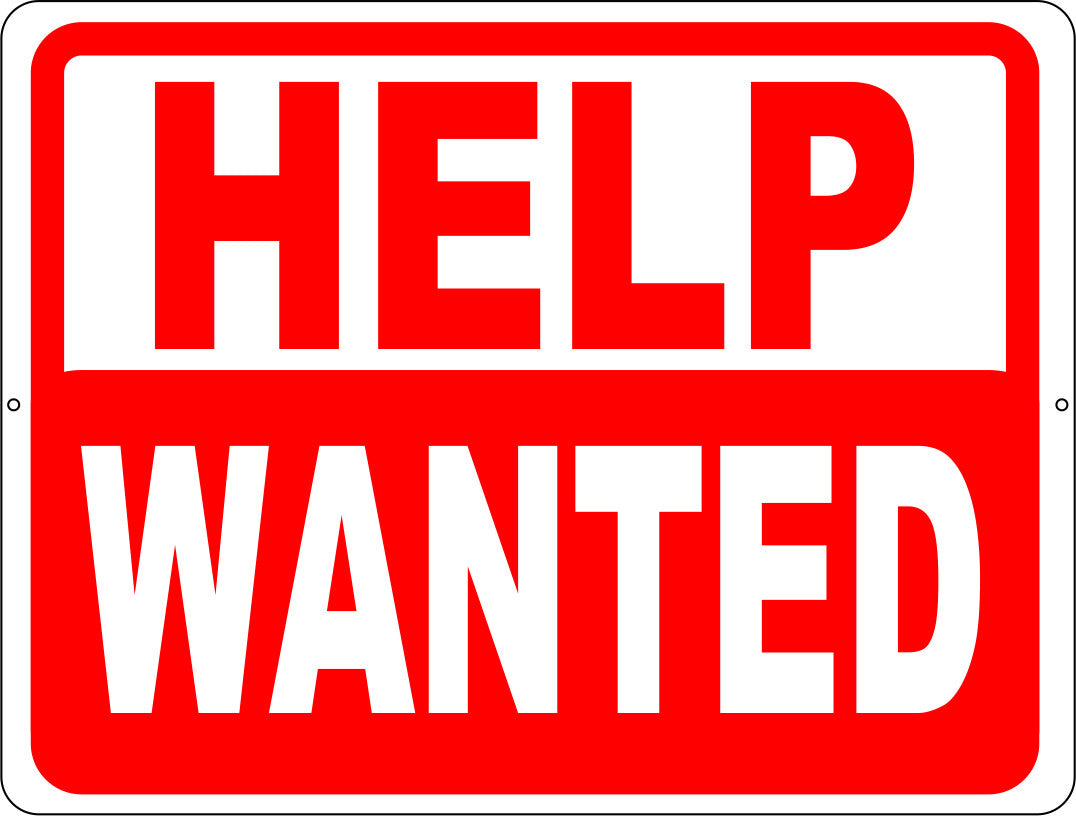Strong, Not Soft: How to Ask for Help Without Losing Yourself
There’s a specific kind of exhaustion that lives in the bones of people who’ve always had to figure it out. The ones who were told “you’re so mature for your age” while babysitting siblings, translating bills, or co-leading classrooms before you even knew who you were. We didn’t just learn independence, we inherited it.
Me? I’m one of the oldest. The reliable one. The “she got it” one. The natural leader who crushes deadlines, reads the room, and keeps her circle tight. I’m the high-functioning woman in the group chat who seems like she doesn’t need help, because that’s how I was built. And even when I’m tired… I still get shit done.
But lately, I’ve been asking myself: what if “getting shit done” is killing me slowly?
The Myth of the Strong One
The myth of the strong one doesn’t start in adulthood…it begins in childhood, long before we even know how to name it. It starts when you’re 7 years old, helping your younger siblings with homework or warming up a can of SpaghettiOs while your parents worked the 3rd shift. It starts when you’re praised for being “so mature” just because you didn’t cry or remained calm when hurting. It starts when the adults around you lean on your emotional labor because they don’t have the tools to manage their own.
It starts when your needs were secondary, not out of malice, but out of survival.
And over time, you begin to associate love with labor. You learn that to be valuable is to be needed. That rest is earned. That asking for help is a burden. That the people who show up for others don’t get to fall apart. So, you become the “strong one.” The go-to. The glue. And it works…until it doesn’t. And you’re burnt the hell out.
Because nobody teaches you how to stop. Nobody says, “Hey, you don’t have to keep carrying all this.” Nobody affirms your softness the way they affirmed your strength.
By the time you’re in your 20s or 30s, this hyper-independence is so normalized that you don’t even recognize it as a wound. It’s just who you are. You pride yourself on figuring things out alone. You grind. You excel. You hold space for everyone, and leave none for yourself.
But here’s the truth: being the strong one isn’t your personality. It’s your coping mechanism.
And while it may have kept you safe in childhood, it can quietly drain you in adulthood. When you’re always the one who “has it,” no one checks to see if you’re okay. When you never ask for help, people assume you don’t need it. And when your worth is tied to what you can do for others, you forget you’re worthy even when you do nothing at all.
So, What Does Asking for Help Actually Take?
For people like us, asking for help isn’t a task, it’s a practice. And not a comfortable one. It requires emotional rewiring. But here are some things I’m learning:
1. Start Small, But Start
You don’t have to lead with your deepest vulnerability. Start by asking for small favors: a second set of eyes on something, a 15-minute brainstorm, a recommendation. Get used to the feeling of support without shame.
2. Let Go of the Performance
There is no Oscar for pretending you’re fine. The goal isn’t to keep the image of perfection intact; it’s to live a life that doesn’t depend on performing 24/7. Help doesn’t make you less capable. It makes you human.
3. Know What You Need
Sometimes we don’t ask for help because we haven’t even checked in with ourselves long enough to define the need. Is it rest? Is it feedback? Is it a partnership? Get specific, so when you finally open up, it’s f-ing clear…and purposeful.
4. Receive Without Apology
If someone helps you, don’t over-explain or promise to "return the favor." Just say thank you. Period. Your worth isn’t transactional.
My Final Thoughts…Freedom with Pretending
For Black women and femmes in particular, the pressure to be “strong” is baked into everything. And let’s be honest - we are strong. But we deserve lives that don’t require constant strength. Lives where softness isn’t punished, and vulnerability isn’t weaponized. Freedom for us doesn’t always look like quitting jobs or moving to Barbados to be a bartender. Sometimes it starts with a sentence: “I can’t do this alone.” And trusting that help doesn’t strip you of your power…it strengthens it.
So this week, here’s your invitation:
Let someone carry a bag. Miss a deadline. Take a nap. Say, “Actually, I need help.” Not because you’re weak. But because you’re ready to be whole.




This is so good. I feel VERY seen. Thank you for naming this and giving actionable steps to improve 🙏🏾